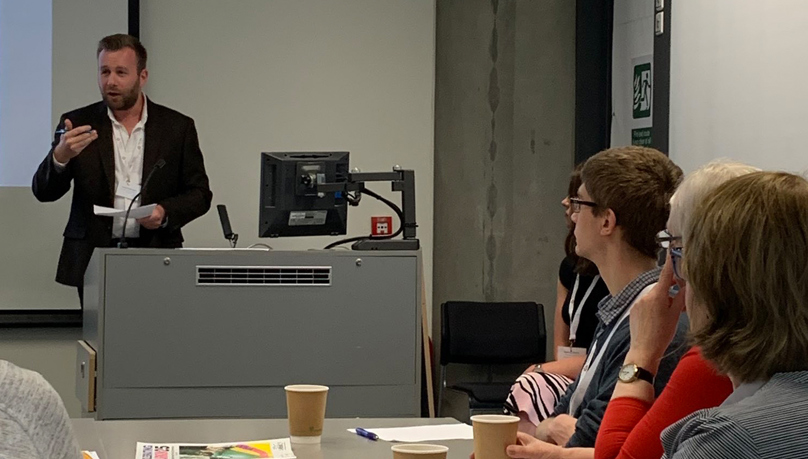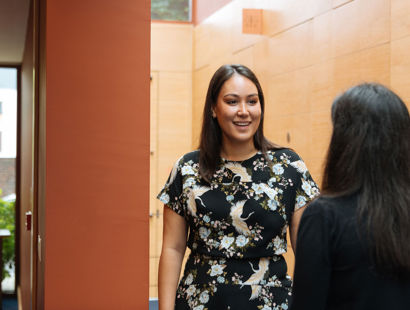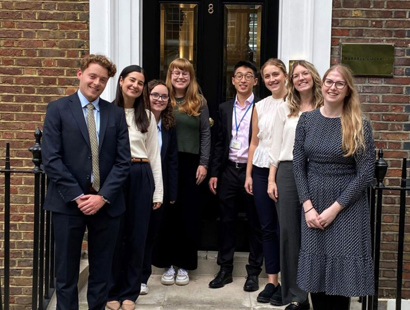
From lecturer to lawyer—why I swapped lecturing for learning
First-seat trainee James Underwood reflects on his transition from lecturer to lawyer, exploring the unique strengths and perspectives career-changers bring to the legal profession.
Application season dawns, and it won’t be news to anyone considering a legal career that the job market is tough. Throughout law schools and universities, well-intentioned careers advisors are gearing up for some serious expectation management, and horror stories abound of aspiring lawyers braced for a brutal third, fourth, even fifth round of applications.
Strengths career-changers bring
For those wishing to change careers, an additional anxiety presents itself: will I be attractive to law firms? With so much competition, why would firms consider applicants who’ve spent years pursuing something completely different-in my case, a decade working as an academic and university lecturer in the field of English literature? After all, the Landlord and Tenant Act 1954 isn’t written in iambic pentameter, and before studying for the GDL I thought ‘The White Book’ was a novel by Han Kang.

Application process
As you begin to draft applications, this can feel like a significant weakness, to be explained away in diplomatically worded cover letters. In fact, you should regard a previous career as your biggest asset. Given the saturation of the legal job market, I’ve often wondered how I would have fared in my early twenties, fresh out of university, with little to differentiate me from the hundreds or thousands of other applicants in the same position (my conclusion: not favourably). In contrast, a previous professional life has allowed me to approach every application form, every assessment exercise, every interview question, with an abundance of examples and experiences to discuss.
Think about it: the law is such a sprawling, porous entity, that it’s highly unlikely a previous career will have failed to come into contact with it at all. You may never have practised, never actually read a statute, but the chances are that some aspect of your working life touched upon the law in some way. What’s more, firms in the twenty-first century value commercial awareness – again, something you’ve almost certainly developed in another profession. This is true even in the ‘ivory tower’ of academia, which in reality is a highly marketised environment, straddling commercial and intellectual spheres (much like law). Firms also increasingly value so-called ‘soft skills’, of which career changers tend to have many.
What’s important is to think specifically about your particular experiences and how they translate. As a university lecturer, I would often tell students that an English degree fosters a diverse set of skills that are highly transferable to ostensibly unrelated fields. My own experience of the legal job market, not to mention the first few weeks of my training contract, confirms the truth of this position. Textual analysis, research, communication, the ability to process complex concepts – these are just a few examples of skills developed in another discipline and profession, but enormously relevant to the law.
Why Russell-Cooke?
One of the things that drew me to Russell-Cooke was the firm’s stated openness to career changers. This wasn’t just rhetoric: across the firm, many colleagues have come to the law following productive stints in other professions. That’s true of my fellow trainees too. It all makes for a more interesting environment, but it also, I suspect, makes the job of becoming a successful lawyer a little easier. Just make sure you read the correct White Book.
Applications for the 2026 Russell-Cooke graduate training are open until 16 February 2024.
Get in touch
Visit our graduate recruitment portal for further information on our training contracts and vacation scheme.




